Home . Thyroid Eye Disease
Thyroid Eye Disease
Thyroid Eye Disease (TED) is characterized by proptosis (bulgy eyes), eyelid swelling, retraction, and puffiness. Patients may also complain of eye irritation, pain, and pressure behind the eyes, and double vision. It is a condition that is frequently associated with overactive thyroid gland (hyperthyroidism), also called Grave’s disease. However, it is possible to develop TED without thyroid gland dysfunction or before any onset of thyroid gland dysfunction or after the thyroid gland has been removed, ablated, or adequately treated.
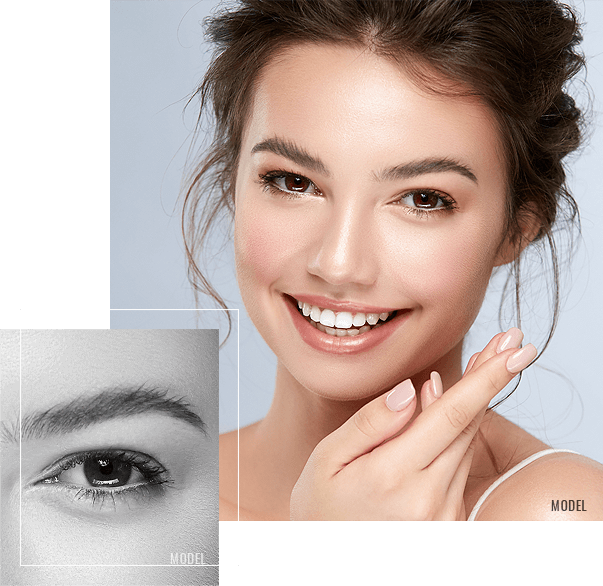
Some people may develop TED and have other thyroid conditions such as underactive thyroid gland (hypothyroidism), thyroid cancer, and other thyroid pathology.
Treatment for TED is complex and depends on the severity and stage of the disease. In mild cases where patients have only minimal proptosis and eye irritation topical lubricants, cold compresses, and selenium supplementation maybe adequate to control symptoms. However, in those with more severe disease or progressive symptoms more advanced treatment is necessary. This may include administration of oral or intravenous steroids, biologic medications (e.g., teprotumumab), and surgery. Smoking can significantly worsen the disease and complicate the recovery after treatment leading to severe form of TED. In severe TED cases, patients may progress to debilitating double vision and vision loss.
SCHEDULE A CONSULTATION
Dr.Ilya Leyngold is an expert in the treatment of TED having successfully treated thousands of patients with this condition. He will discuss the right treatment for you depending on the stage and the severity of the disease. Treatment options that are offered by Leyngold Institute for Plastic Surgery include the following:
- Teprotumumab (Tepezza) is a prescription medicine used to treat TED. It is administered as an infusion treatment right in the office. Our office has two dedicated infusion rooms where patients can comfortably receive this medication under Dr.Leyngold’s supervision. A total of eight infusion, each spaced by 3 weeks, is the recommended treatment regimen. Treatment with Tepezza has demonstrated significant reduction in proptosis (bulginess of the eyes), double vision, eyelid swelling, and symptoms of dry eye and pressure in two major clinical trials. During your consultation Dr.Leyngold will determine if you are a candidate for Tepezza therapy and discuss the risks and benefits of this treatment in your particular case.
- Orbital decompression surgery is designed to reduce the proptosis (bulginess) of the eye. It may improve the appearance of the eye as well as comfort by reducing the pressure/pain and dry eye that results from TED. Dr.Leyngold has performed hundreds of orbital decompressions. He offers both external orbital decompression where incisions are made around the eye to remove bone and fat behind the eye and endoscopic endonasal orbital decompression which is performed through the nostril. Endoscopic endonasal orbital decompression avoids external incisions and manipulation of the eye resulting in faster recovery with less swelling and bruising. During your consultation Dr.Leyngold will determine if you are a candidate for orbital decompression and which technique is right for you.
- Eyelid surgery is performed either simultaneously or after orbital decompression. Some people do not need or want orbital decompression, but still benefit from having eyelid surgery. Eyelid surgery may involve correcting upper lid retraction (where upper lid is too high), lower lid retraction (where lower lid is too low), removing excess fat and/or skin from the upper lid (upper blepharoplasty), and lower lids (lower blepharoplasty). In addition, reducing the brow puffiness (brow fat pad sculpting) and removal of buccal fat pads (cheek fat reduction) can be beneficial to improve the appearance of the eye.
- Steroid treatment is another prescription treatment option for patients with TED. Patients who have signs of severe inflammation and experience pain and vision loss maybe candidates for steroid treatment. Steroids can be administered as an oral treatment or through an infusion. Dr.Leyngold will determine if steroid treatment is right for you.
Every patient with TED is unique and requires a customized approach to treatment. Dr.Leyngold will carefully evaluate your particular case and discuss the best treatment options with you.
If the path be beautiful,
let us not ask where it leads.
ANATOLE FRANCE
Very Nice Experience!! With him and his whole Staff.
by Veronica G
★★★★★ 5/5
Very Nice Experience!! With him and his whole Staff. They make you feel so comfortable and assured that your in great hands I highly recommend him he’s on point with his work, also concerned when you talk to him Loved being in their care what an awesome Team!!!.
Before and After Photos
Slide the arrow to left or right to see before and after results
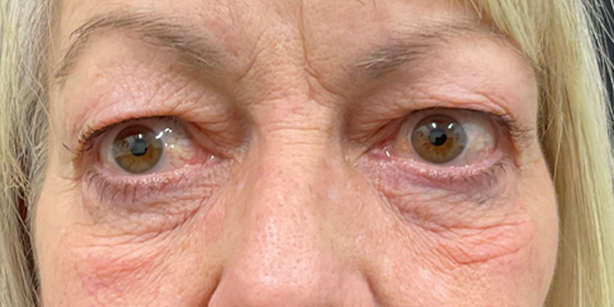
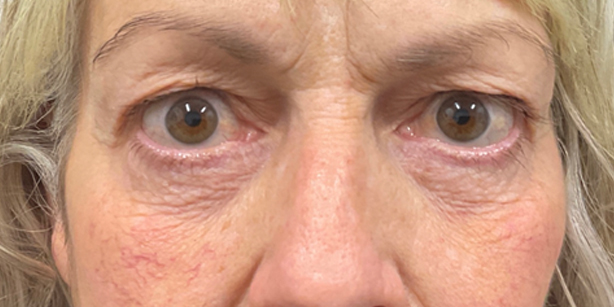
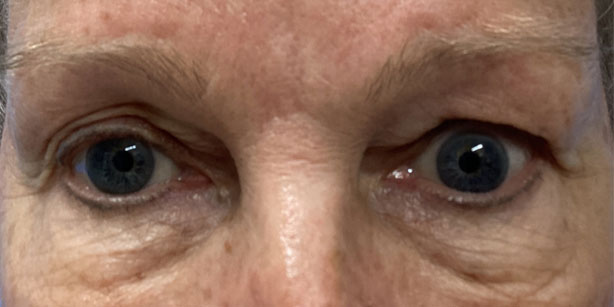
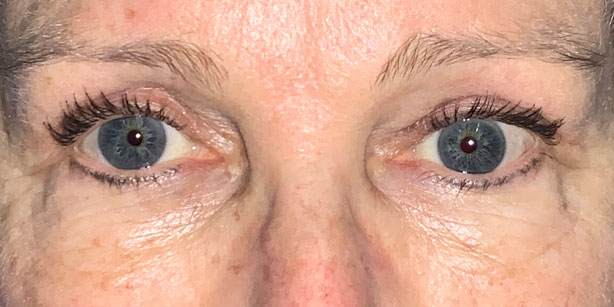
Our goal is to listen carefully, understand, and address your unique concerns, leaving you ecstatic about your results.

SCHEDULE A
CONSULTATION
CONSULTATION
